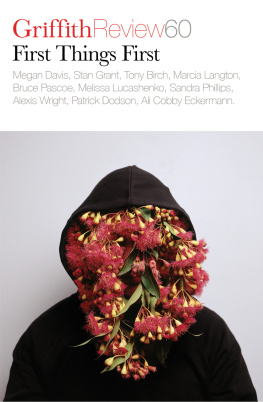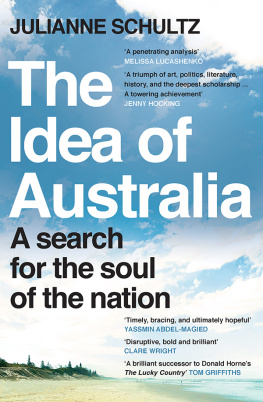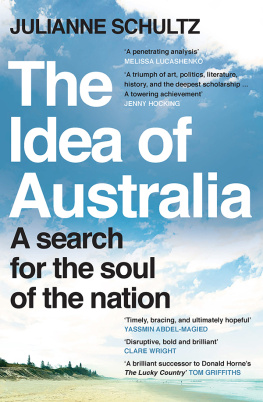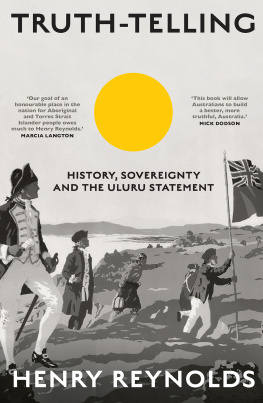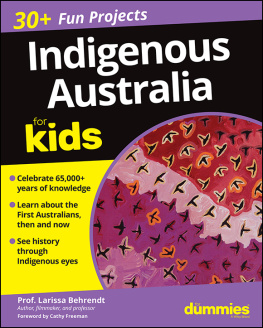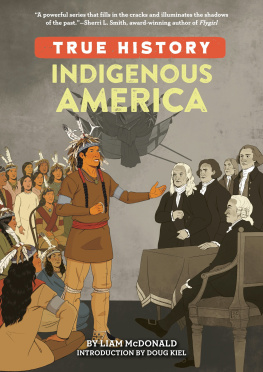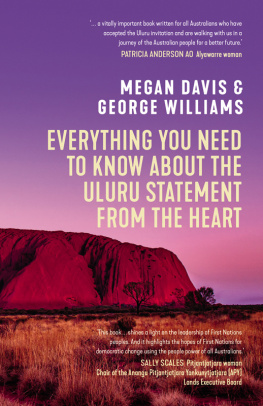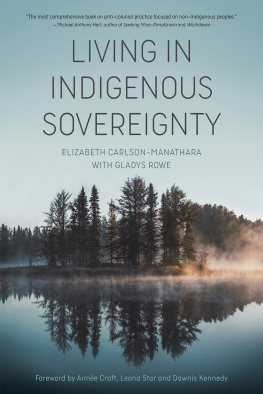Julianne Schultz - Griffith Review 60: First Things First
Here you can read online Julianne Schultz - Griffith Review 60: First Things First full text of the book (entire story) in english for free. Download pdf and epub, get meaning, cover and reviews about this ebook. year: 2018, publisher: The Text Publishing Company, genre: Politics. Description of the work, (preface) as well as reviews are available. Best literature library LitArk.com created for fans of good reading and offers a wide selection of genres:
Romance novel
Science fiction
Adventure
Detective
Science
History
Home and family
Prose
Art
Politics
Computer
Non-fiction
Religion
Business
Children
Humor
Choose a favorite category and find really read worthwhile books. Enjoy immersion in the world of imagination, feel the emotions of the characters or learn something new for yourself, make an fascinating discovery.
- Book:Griffith Review 60: First Things First
- Author:
- Publisher:The Text Publishing Company
- Genre:
- Year:2018
- Rating:3 / 5
- Favourites:Add to favourites
- Your mark:
Griffith Review 60: First Things First: summary, description and annotation
We offer to read an annotation, description, summary or preface (depends on what the author of the book "Griffith Review 60: First Things First" wrote himself). If you haven't found the necessary information about the book — write in the comments, we will try to find it.
Inspired by the Uluru Statement from the Heart, and featuring outstanding Indigenous writers, First Things First is an urgent, nuanced and robust call to listen, hear and respond to questions of constitutional recognition.
More than two centuries after European settlers arrived, the need to find an honourable way to recognise and celebrate the unique history of this country as home to the oldest living civilisation is long overdue. A Makaratta Commission is the preferred way to do this, to make agreements and enable truth-telling about our history.
Are we ready to make peace and devise firmer ground for laws, policies and outcomes that improve Indigenous and non-Indigenous life in Australia?
With this special edition, Griffith Review excavates history and re-imagines the future, while not forgetting the urgencies of the present.
Published with the support of QUT.
Julianne Schultz AM FAHA is the founding editor of Griffith Review, the award-winning literary and public affairs quarterly journal.
Dr Sandra Phillips teaches editing and publishing in Creative Industries at Queensland University of Technology and her research interests are in Indigenous Storytelling and Publishing. Sandra trained with Magabala Books and University of Queensland Press and previously managed Aboriginal Studies Press. Sandra is Wakka Wakka and Gooreng Gooreng.
First Things First is a crucial, staged and forceful call to listen, hear and respond to questions of constitutional recognition for Indigenous Australians...Heres a compilation thats diverse, stimulating and consistently finely written. PS News
An eclectic, thought-provoking and uniformly well-written collection. Australian
This is commentary of a high order. The prose in unfailingly polished; the knowledge and expertise of the writers impressive. Sydney Morning Herald
For intelligent, well-written quarterly commentary...Griffith Review remains the gold standard. Honest History
Julianne Schultz: author's other books
Who wrote Griffith Review 60: First Things First? Find out the surname, the name of the author of the book and a list of all author's works by series.

